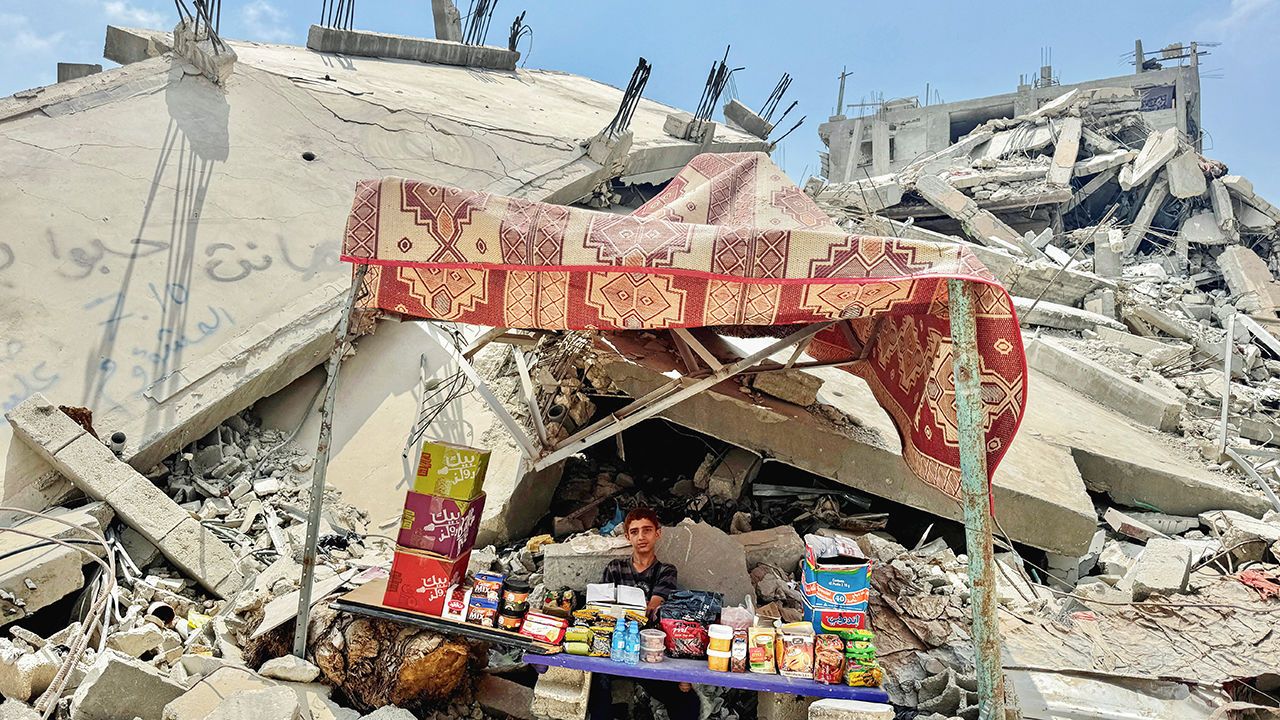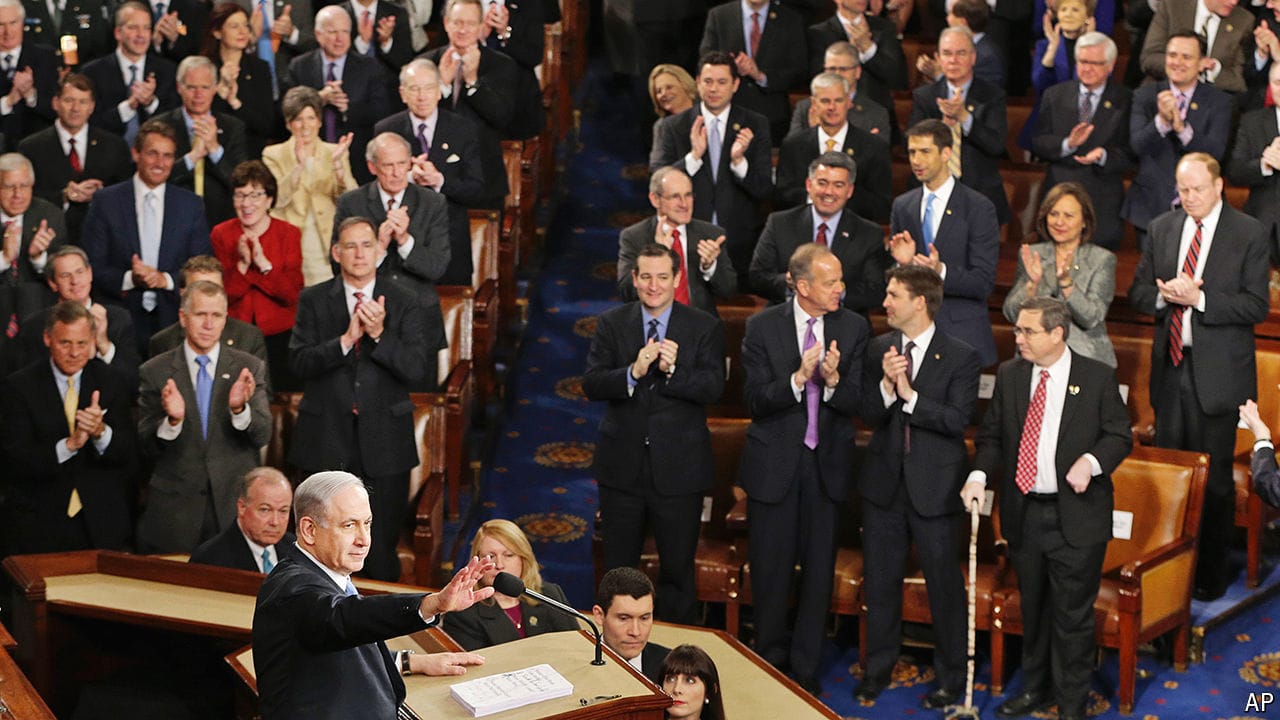Optimistic plans for post-war Gaza have little basis in reality
Aid, policing, reconstruction—everything is even harder than it sounds

AFTER ALMOST 300 days, planning for the end of the fighting in Gaza is beginning to seem otherworldly. Politicians and generals have been talking about what might happen when the shooting stops since the start of the war in October. Diplomats have spent months shuttling around the Middle East, trying to broker a ceasefire. Yet the moment has not come—and even if it does, the obstacles to lasting calm in Gaza are daunting.
When many Western officials talk of the “day after”, they have a specific scenario in mind. It starts with buffing up the Palestinian Authority (PA), which runs parts of the West Bank, so that it may return to Gaza and govern there as well. Israel would commit to ending its half-century occupation and creating a Palestinian state. That would allow Saudi Arabia, the most influential Arab country, to normalise ties with Israel. A ruinous war could give way to a lasting regional peace.
Explore more
This article appeared in the Briefing section of the print edition under the headline “When the shooting stops”
More from Briefing

A shift in the media business is changing what it is to be a sports fan
Team loyalty is being replaced by “fluid fandom”

Will Binyamin Netanyahu’s visit to America repair or weaken ties?
He may damage relations with Israel’s indispensable protector

Small investments in nutrition could make the world brainier
Many pregnant women and babies are malnourished—and not just in poor countries
Introducing “Boom!”
A six-part series about the generation that blew up American politics
One generation has dominated American politics for over 30 years
How have they become so entrenched?
Senility in high office
Even leaders who are spry for their age eventually lose their grip
